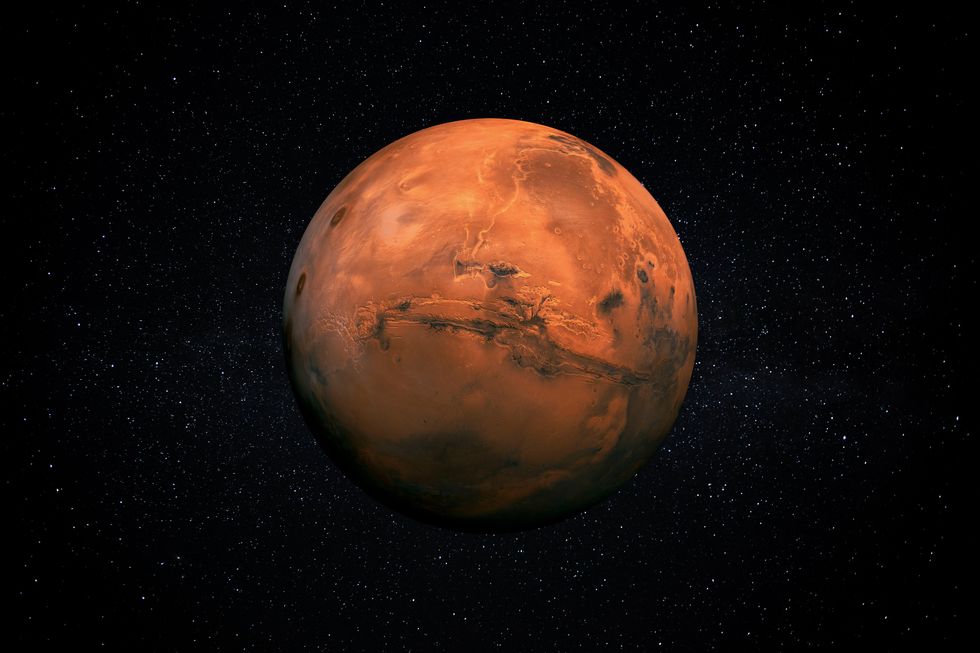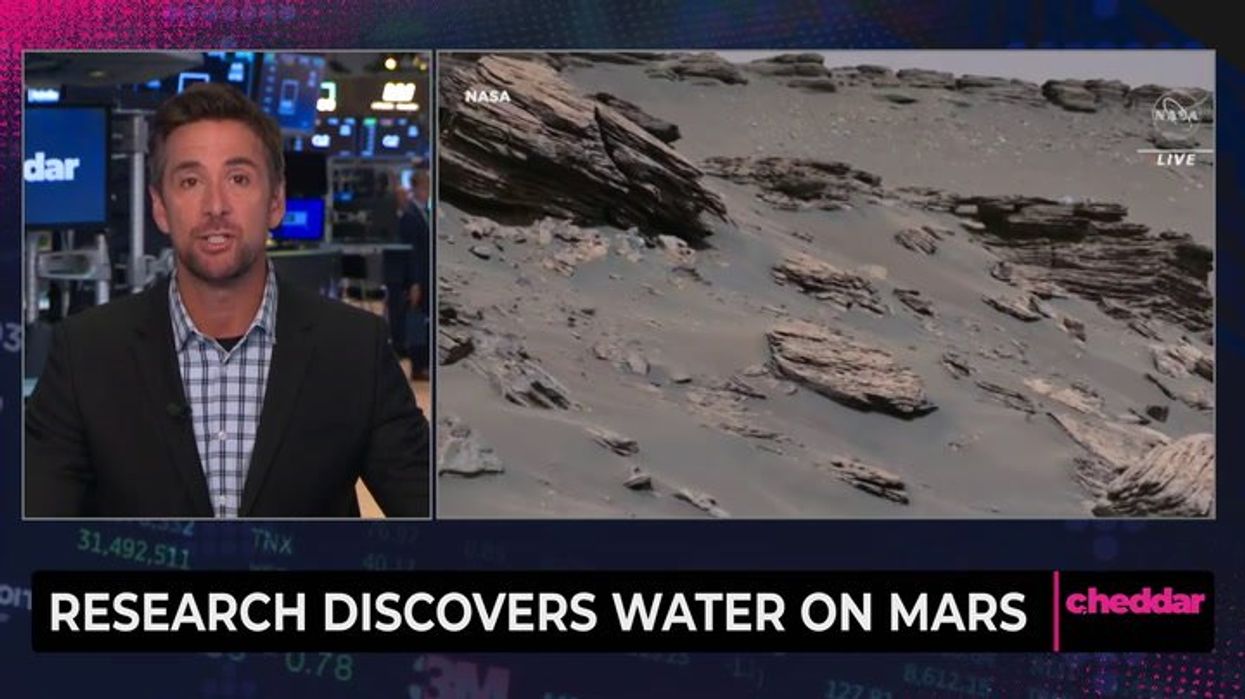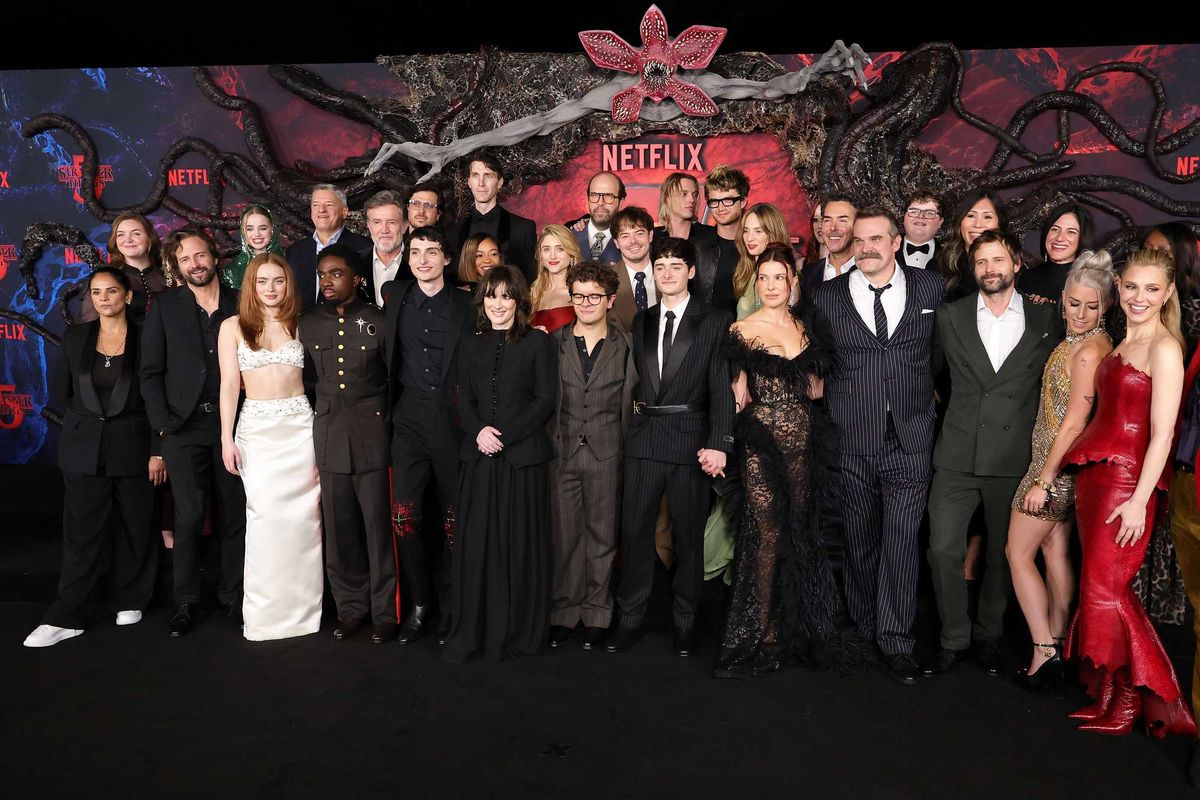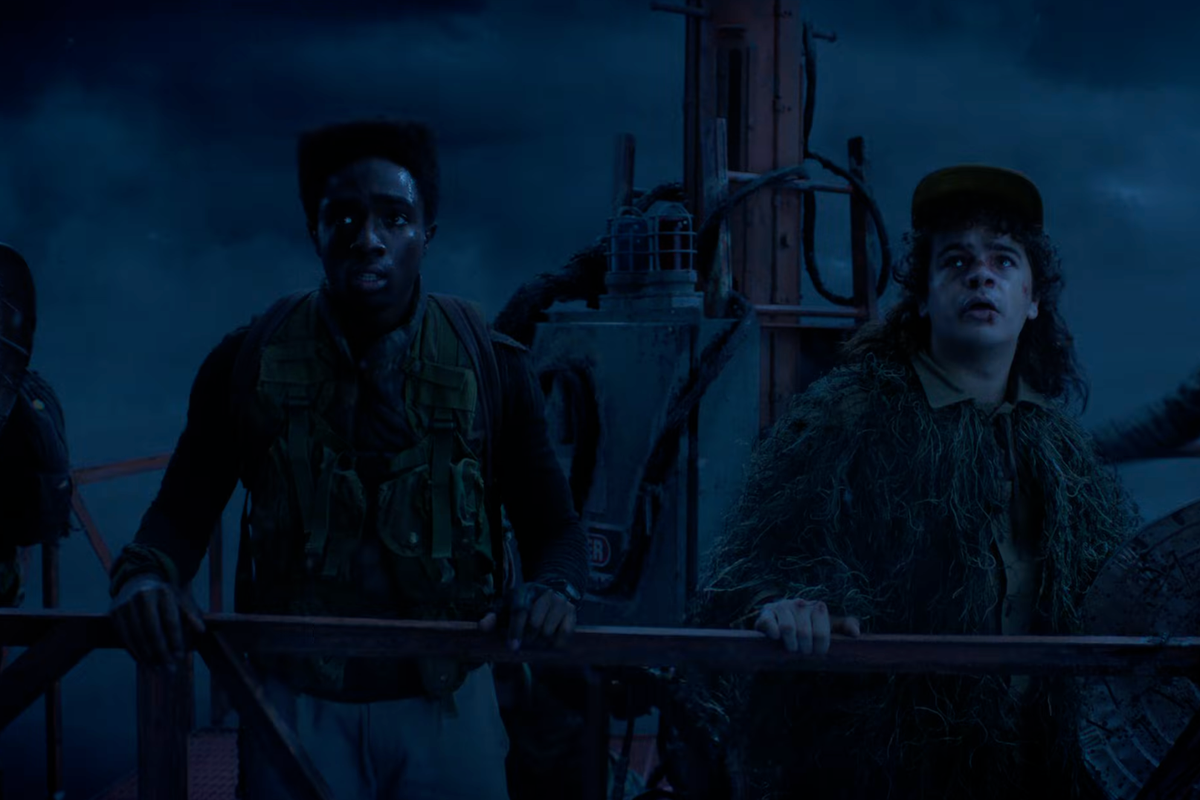Jake Brigstock
Sep 25, 2024
Research Discovers Water on Mars
Cheddar / VideoElephant
An astronomer has said Mars might be very different from other planets in our solar system because of a long lost moon.
The Red Planet has two small moons but Michael Efroimsky, an astronomer at the US Naval Observatory in Washington DC, says Mars may have once had a much larger moon which could explain its extreme terrain and strange shape, reports Live Science.
A hypothetical moon, which has been called Nerio (the name of the partner of Mars in ancient Roman religion and myth), could have altered the shape of Mars with its gravity, raising tides in magma oceans a bit like how Earth's moon raises tides in our oceans.
As Mars is a lot smaller than Earth, it cooled much more quickly and its tidal bulges resulted in the form of the planet.
Efroimsky thinks the moon could have got lost through a collision leaving the two current moons behind or it could have been smashed into pieces and scattered through the solar system after a gravitational pull with another object.

Efroimsky said this is just a hypothesis as it raises a number of questions, such as how it formed and how it disappeared.
He's called on other researchers to think about this idea and consider if there are ways to look for evidence.
Mars has some of the most extreme terrain in our solar system including the largest canyon, the tallest mountain and greatest highland region.
Almost on the exact opposite side of the planet to where these are is another huge highland region with a massive shield volcano too.
How to join the indy100's free WhatsApp channel
Sign up to our free indy100 weekly newsletter
Have your say in our news democracy. Click the upvote icon at the top of the page to help raise this article through the indy100 rankings.
Top 100
The Conversation (0)














